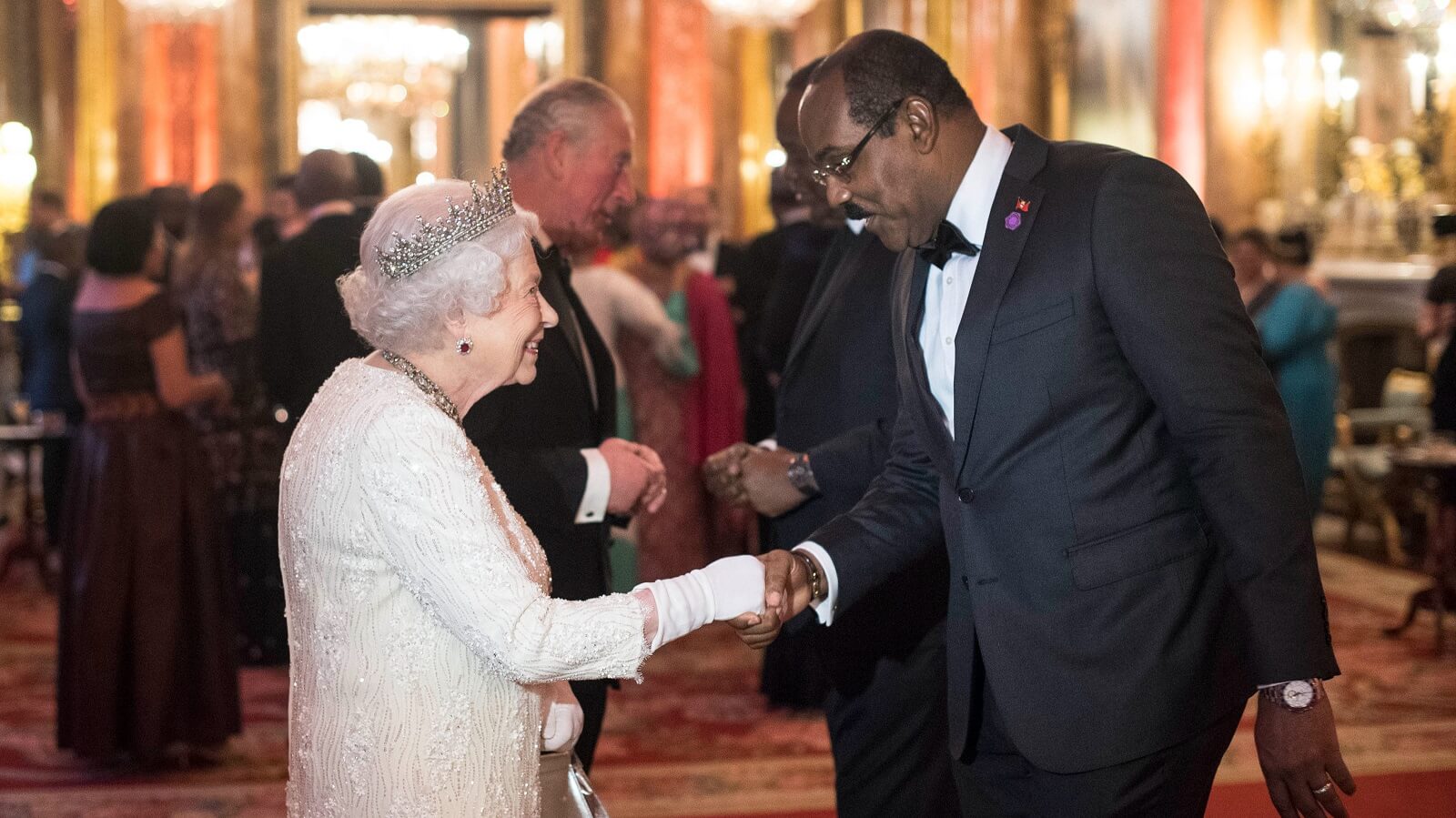Two days after Queen Elizabeth II’s death, Antigua and Barbuda Prime Minister Gaston Browne on Saturday announced that the country would hold a referendum on becoming a republic within the next three years in order to “become a truly sovereign nation.”
Moments after signing the proclamation to confirm Charles III as the country’s new head of state, Browne told ITV News that he regards republicanism as a natural progression for the country, reaffirming that it “does not represent any form of disrespect to the monarch.” He emphasised, “This is not an act of hostility, nor any difference between Antigua and Barbuda and the monarchy,” adding that it is merely a “final step to complete the circle of independence.”
Browne stressed that he held “great admiration” for the late Queen Elizabeth II, noting that she left a “very rich legacy” as a tolerant monarch. He thus reiterated that Barbados would remain a “committed member” of the Commonwealth—a 56-member organisation of mostly former British territories—regardless of any constitutional changes.
#AntiguaAndBarbuda🇦🇬 announces referendum on #monarchy. Antigua and Barbuda Prime Minister @GastonBrowne has said he will call a referendum on the country becoming a #republic within the next three years, following the death of Queen Elizabeth II. (source: @descifraguerra) pic.twitter.com/5Rp7K2WBeC
— International Human Rights Foundation (@Declaracion) September 12, 2022
To this end, the Prime Minister pledged to “put the necessary arrangements in place to facilitate such a referendum” in accordance with the Constitution, stressing that “ultimately it will be the decision of the people to determine whether or not they wish to move towards a Republic.”
Antigua and Barbuda was one of 14 nations that retained the British monarch as their titular head of state after independence. Despite gaining freedom from the United Kingdom in 1981, currency notes in the country still have the Queen’s portrait.
In fact, its move to become an independent republic is reflective of a region-wide trend. Browne even urged Prince Edward to use his “diplomatic influence” to achieve “reparatory justice” for the Caribbean nation during his visit in April.
Similarly, during then-Duke and Duchess of Cambridge William and Catherine’s Caribbean tour in March, Jamaican Prime Minister Andrew Holness said his country is “moving on” and will attain its “true ambition” to be fully “independent.” During the same trip, Belizean Prime Minister Johnny Briceño constituted the People’s Constitutional Commission to pursue a “decolonisation process,” signalling his intent to declare Belize a republic and replace the monarch with a native president.
On King Charles’ schedule is a reception with Commonwealth Realm High Commissioners, a group that will no doubt shrink following the Queen’s death.
— Omid Scobie (@scobie) September 11, 2022
Antigua and Barbuda yesterday announced plans for referendum on becoming a republic. Belize also confirmed a constitutional review. pic.twitter.com/Ljd4Iyfh2K
Furthermore, last November, Barbados voted to become a sovereign republic with Sandra Mason appointed as the country’s first-ever president. It thus became the first nation to dismantle its British colonial links in over three decades.
Before Barbados, Mauritius was the last country to remove the Queen as its head of state, doing so in 1992. Guyana did so in 1970, Trinidad and Tobago in 1976, and Dominica in 1978. The British monarch remains the titular head of state in Canada, Australia, New Zealand, Jamaica, Bahamas, Belize, Grenada, Papua New Guinea, Solomon Islands, Tuvalu, St. Lucia, St. Vincent, Antigua and Barbuda and St. Kitts and Nevis.
Browne stated that he hopes to secure a comfortable victory in Barbados’ upcoming general elections in 2023, and vowed to propose a referendum immediately thereafter.

